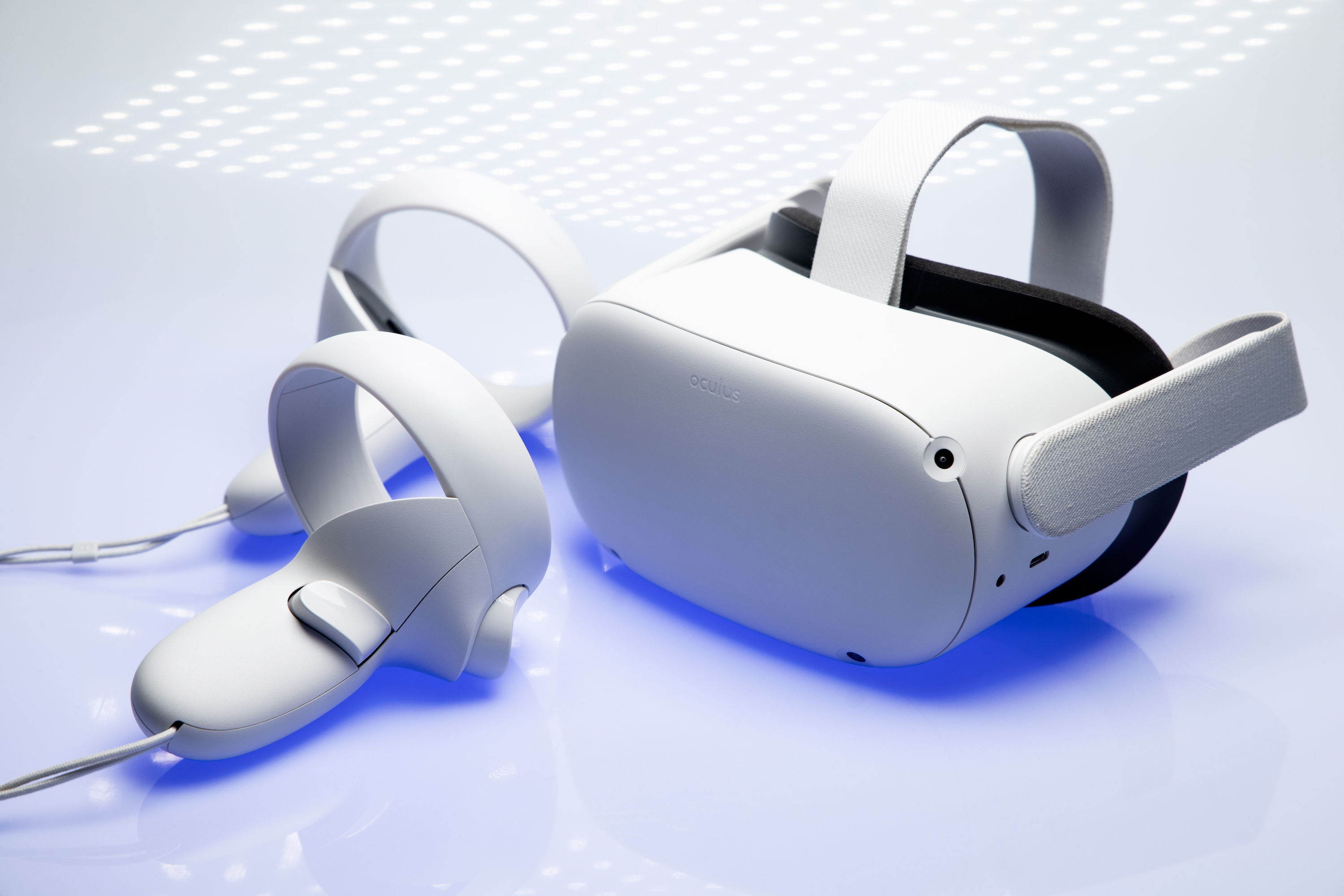Meta Quest Pro — Qualcomm just signed on for ‘long haul’
Companies sign a multi-year agreement for VR headsets

Update: Meta Quest Pro hands-on: The future of the metaverse is here for $1,500.
The next few generations of Meta Quest hardware will continue to use Qualcomm chipsets, the companies have formally announced.
The “multi-year agreement” will see Qualcomm — which makes the chips that power the vast majority of the best Android phones — continue to develop custom Snapdragon XR hardware for Meta.
“We're working with Qualcomm Technologies on customized virtual reality chipsets — powered by Snapdragon XR platforms and technology — for our future roadmap of Quest products,” Meta CEO Mark Zuckerberg said.
On one level, this isn’t hugely surprising. As the press release mentions, the companies have seven years of history, including with the breakthrough Oculus Quest 2 headset (now officially the Meta Quest), which uses the Snapdragon XR2 chipset. There’s a very sound business case for not breaking up a winning partnership.
Yet this is apparently exactly what Meta was looking at doing at one point. Earlier this year, The Information reported that the company had been developing its own chips, but reverted to Qualcomm due to the slow progress of starting from scratch. This, along with reports that Meta has backed away from making its own VR OS, suggests that the company could be cutting back costs in the face of its first quarterly revenue decline in over a decade.
Meta apparently hopes that by working with Qualcomm it can save R&D costs and still get something customized for its ambitious metaverse plans.
Sign up to get the BEST of Tom's Guide direct to your inbox.
Get instant access to breaking news, the hottest reviews, great deals and helpful tips.
“As we continue to build more advanced capabilities and experiences for virtual and augmented reality, it has become more important to build specialized technologies to power our future VR headsets and other devices,” Zuckerberg continued. “Unlike mobile phones, building virtual reality brings novel, multi-dimensional challenges in spatial computing, cost, and form factor.”
At the moment, Meta has the lion’s share of the all-in-one VR headset market, but one upcoming opponent with extremely deep pockets is Apple, which is likely to release its first VR/AR headset in 2023.
A trademark for something called the Reality Processor suggests the company will continue to make its own chips to meet the challenge of delivering smooth footage to both eyes simultaneously. That is likely to be a lot more expensive than Meta’s current Quest offering, however — even with the latter’s recent price hike.
But Meta has one eye on a higher-end offering with Project Cambria (which could well be the Meta Quest Pro), a headset that the company has promised will arrive next month. Possible on October 25, according to one tipster.
It will be interesting to see what this presumably Qualcomm-powered device can do. The current Quest 2 uses a chipset of roughly the same power as the Snapdragon 865 used in the Samsung Galaxy S20 and others, so hopefully the new headset will give us a sizable leap in graphical fidelity along with the promised new experiences.
Read next: This video might have just leaked the final Meta Quest Pro design
Freelance contributor Alan has been writing about tech for over a decade, covering phones, drones and everything in between. Previously Deputy Editor of tech site Alphr, his words are found all over the web and in the occasional magazine too. When not weighing up the pros and cons of the latest smartwatch, you'll probably find him tackling his ever-growing games backlog. Or, more likely, playing Spelunky for the millionth time.

